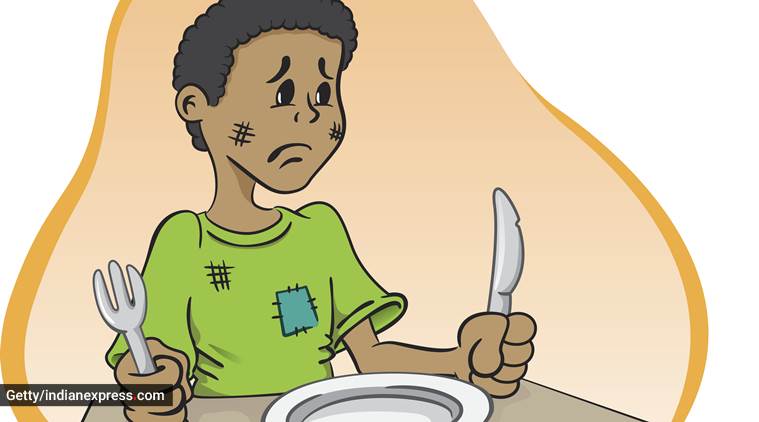
Wasting is a life-threatening form of malnutrition, which makes children too thin and weak.

An additional 6.7 million children under the age of five across the world could suffer from wasting this year due to the socio-economic impact of the COVID-19 pandemic, the UNICEF warned on Tuesday.
According to the UNICEF, in India, there are still around 20 million children under five years of age who are suffering from wasting.
According to the Global Hunger Index 2019, wasting among children in India rose from 16.5 per cent in 2008-2012 to 20.8 per cent in 2014-2018.
Wasting is a life-threatening form of malnutrition, which makes children too thin and weak, and puts them at greater risk of dying, poor growth, development and learning.
ALSO READ | Safety tips for a child with Hepatitis C positive parents
According to the UNICEF, even before the COVID-19 pandemic, 47 million children were already wasted in 2019.
An additional 6.7 million children under the age of five could suffer from wasting and therefore become dangerously undernourished in 2020 as a result of the socio-economic impact of the COVID-19 pandemic, the UN children’s agency said.
“Without urgent action, the global number of children suffering from wasting could reach almost 54 million over the course of the year. This would bring global wasting to levels not seen this millennium,” it said.
Quoting an analysis of the Lancet, the UNICEF said 80 per cent of these children would be from sub-Saharan Africa and South Asia.
“Over half would be from South Asia alone,” it said.
It said the Lancet analysis finds that the prevalence of wasting among children under the age of five could increase by 14.3 per cent in low and middle-income countries this year due to the socio-economic impact of COVID-19.
ALSO READ | Caring for children with epilepsy during the COVID-19 pandemic
“It’s been seven months since the first COVID-19 cases were reported and it is increasingly clear that the repercussions of the pandemic are causing more harm to children than the disease itself,” said UNICEF Executive Director Henrietta Fore.
“Household poverty and food insecurity rates have increased. Essential nutrition services and supply chains have been disrupted. Food prices have soared. As a result, the quality of children’s diets has gone down and malnutrition rates will go up,” she said.
? The Indian Express is now on Telegram. Click here to join our channel (@indianexpress) and stay updated with the latest headlines
For all the latest Parenting News, download Indian Express App.
Source: Read Full Article


